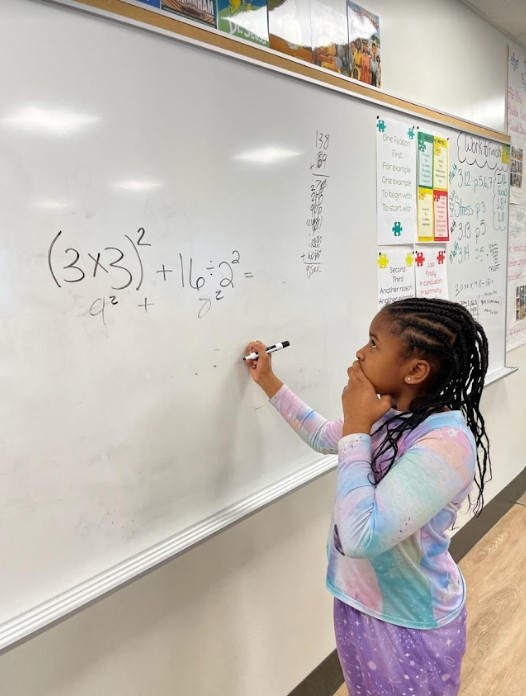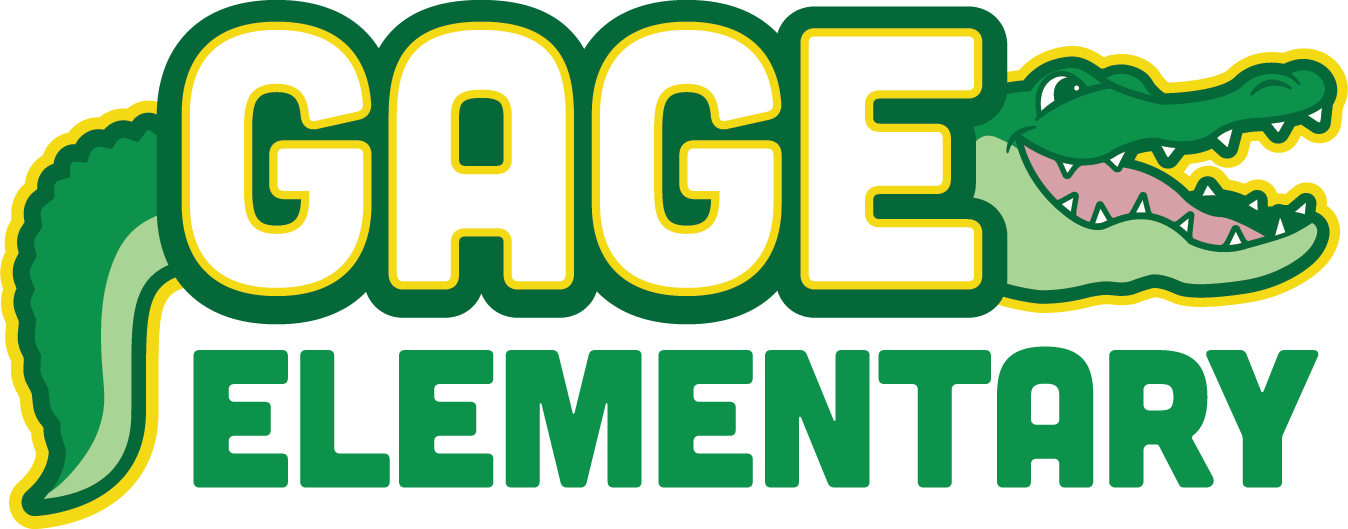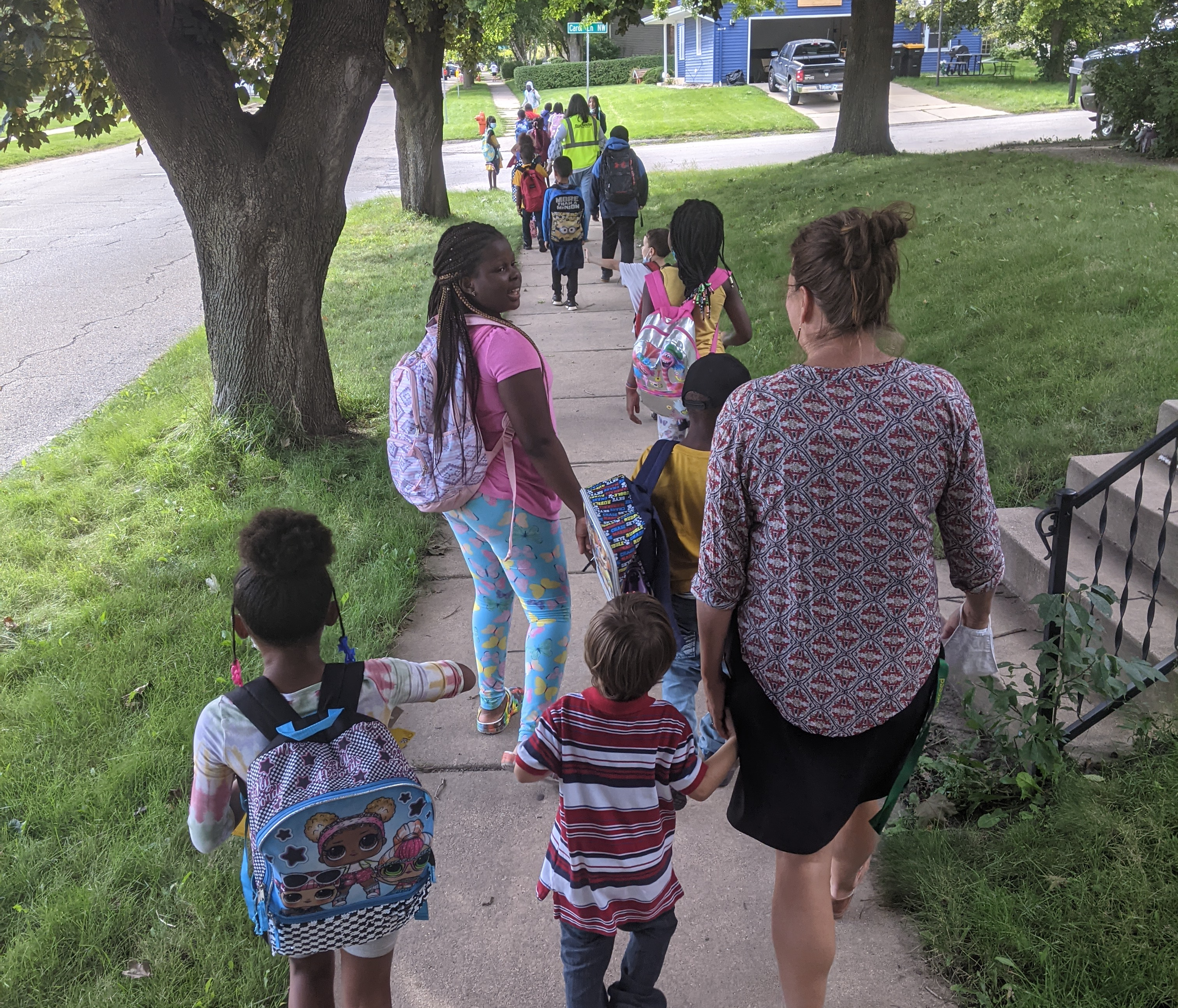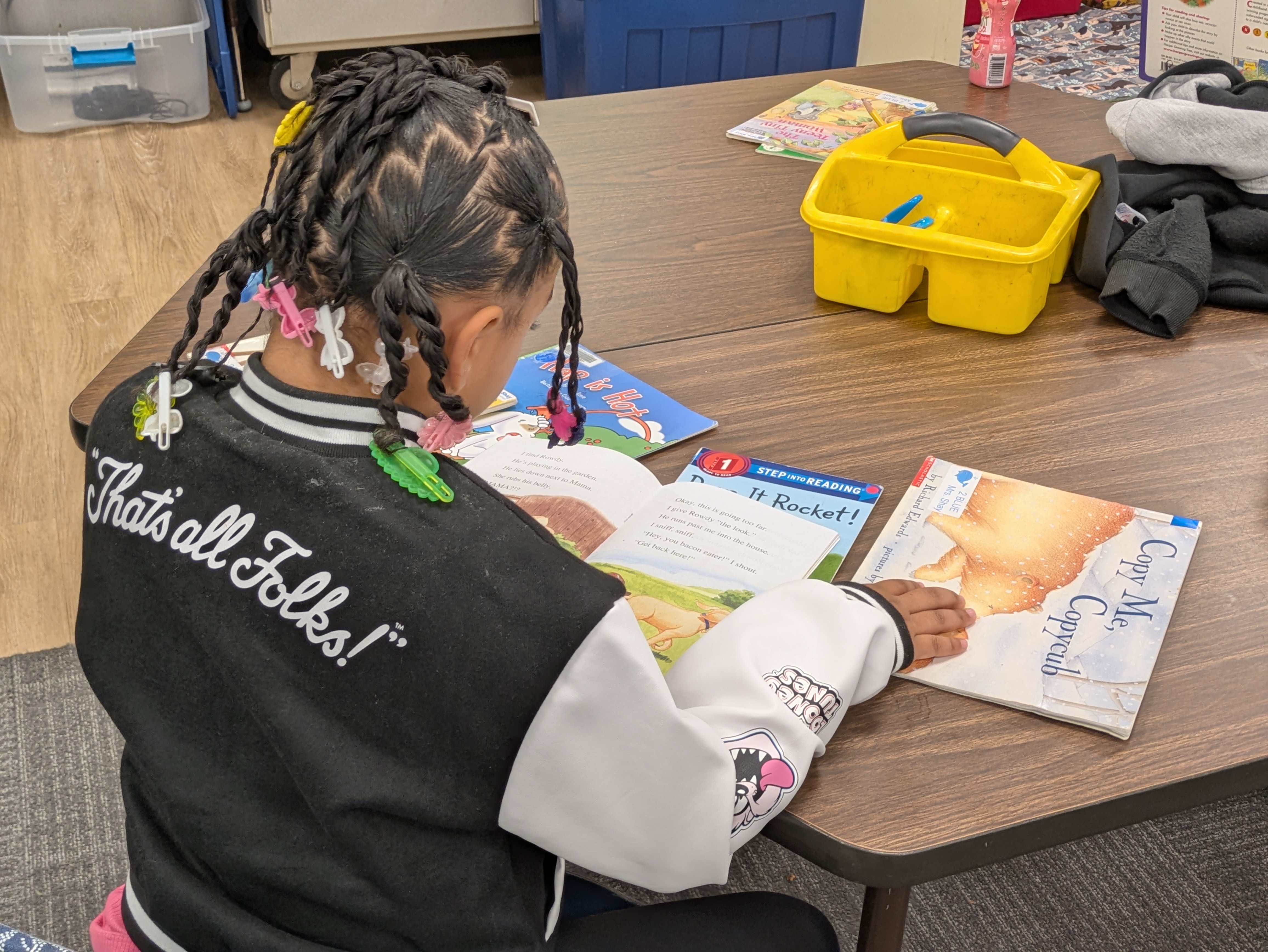Learning at Home
Academic resources to help support learning reading, math, and more at home!
Playtime Resources for Younger Children
Playing is good work! When children play, they are learning many valuable foundational skills. The National Center for Families Learning offers many fun ideas for making the most out of your child's play time. They offer tips, question starters, and activity ideas you can try anytime and anywhere.
Check out their toolkit here: Learning Outside of School
Math
Engage with Math at Home: Incorporate math in daily activities, such as cooking (measuring ingredients), shopping (calculating costs), and playing games that involve strategy.
Encourage a Growth Mindset: Remind your child that making mistakes is part of learning. Celebrate their effort and persistence.
Practice Regularly: Use workbooks, online resources, or educational apps for extra practice, especially with challenging concepts.
Communicate with Teachers: Stay in touch with your child's teacher to understand specific areas where your child may need additional support or enrichment.
Math Activities and Resources
Our school mostly uses the Everyday Math curriculum. This year, our 2nd grade team is piloting the Amplify math curriculum. You might not see the same kind of math homework you may have had growing up!
Watch for the Unit Guides to come home in your child's backpack throughout the year. These are helpful resources for you to know the learning goals of each unit, how they're being taught, ideas for helping your child understand them at home, and activities to try.
You can lots of helpful math resources, games, tutorials, and more for families at these website:

Reading
What is "Structured Literacy"?
Gage Elementary teaches "Structured Literacy." This is the term used to describe the combination of skill areas necessary for successful reading. According to the Minnesota Department of Education, Structured Literacy encompasses "the provision of systemic, explicit, sequential, and diagnostic instruction in phonemic awareness, phonics, fluency, vocabulary and oral language development, and reading comprehension."
You can learn more about these literacy components and find resources for families from our state's Department of Education website.
Writing Resources
By fostering a supportive and engaging writing environment, you can help your fourth grader develop confidence in their writing abilities and encourage a lifelong love for expressing themselves through words!
Encourage regular writing practice: There are lots of opportunities to show your child the importance and usefulness of writing.
Try setting aside a daily writing time, even if it's just for 10-15 minutes. Consistency helps build habits.
Encourage different types of writing, such as stories, poems, notes or letters, or journal entries, to keep things interesting.
Encourage sharing and collaboration: Set aside time for your child to share their writing with you or loved ones. Celebrate their efforts and provide constructive feedback.
Write a shopping list together, send each other on scavenger hunts with written clues, or send messages to loved ones. Write a story or a poem together, taking turns adding sentences or ideas. This can be a fun memory-making activity!


